CIO Unplugged 10/15/14
The views and opinions expressed in this blog are mine personally and are not necessarily representative of current or former employers.
The Hands of God
“Will I die?”
My nurse checked my vitals on the evening prior to my operation, a surgery to correct a birth defect. Even at eight years old, I was acutely aware of the possibility of going asleep and not waking up.
I’ll never forget what happened after I voiced my fear. Sitting on my bed, the nurse drew me close and wrapped her arms around me. “Little boys don’t die,” she whispered. Nurse Beata’s verbal medicine soothed my anxiety. I woke the next morning confident and excited about getting a new ear.
Nurse Practitioner Pinkerton shed a tear of joy and gave my wife a hug when Julie showed delight upon hearing that we were indeed going to have a baby. As the primary caregiver at the student medical clinic at Colorado State University, Nurse Pinkerton shared that students usually expressed sorrow over an unwanted pregnancy. Julie was the first student that year to be happily pregnant. I was especially pleased that Brandon’s due date was after graduation.
A few years after our son was born, we had a daughter, Talitha. She pent the first eight days of her life the NICU. Our precious baby, her life in the balance, was loved on by nurses’ caring hands.
About a year ago, Tali and I dropped in on them to say hello and let them see the fruit of their labor. They studied the strong woman that frail baby transformed into. Tali had a chance to say thank you to the nurses who had watched over her like angels two decades prior.
Early in my healthcare career, I worked with nurses in the OR. Oh, the things I witnessed! So hard to express in words. The love. Compassion. Humility. The hours and dedication. The passion and the tears. The smiles. The joy. The healing. I hated leaving that environment and culture, but my calling lay elsewhere.
As I became involved with technology, I remembered the nurses. I consistently position nurses on my team and I’m proud of all of them, especially those who have become CIOs. At last count, roughly 25 percent of my teams have been certified clinicians of one sort or another. They understand workflow and the culture. You match this education and experience with technology and boom! I exhort my fellow IT leaders to embrace nurses.
OK, not all of my nurse experiences were positive. My only bad nurse encounter happened when I was 15. While riding my bike to school, I was struck broadside by a truck that pushed my face and body into the asphalt for about five yards. Much of the skin on my face was roughed up.
An ambulance rushed to the ER, and the triage nurse gawked at me and winced. That was not a good signal for an insecure teenager in shock. But to his credit, he did take good care of me and stopped wincing after painstakingly pulling every bit of gravel out of my face. I forgave him.
My point? I’m thankful for nurses. They don’t win Emmys or Heismans. Fearful patients chew them out, yet they extend mercy. They sooth your worries. They help facilitate healing. They make health information technology successful.
One last thing, something we rarely acknowledge. They put their lives and health at risk for us.
They are the hands of God.

Ed Marx is a CIO currently working for a large integrated health system. Ed encourages your interaction through this blog. Add a comment by clicking the link at the bottom of this post. You can also connect with him directly through his profile pages on social networking sites LinkedIn and Facebook and you can follow him via Twitter — user name marxists.




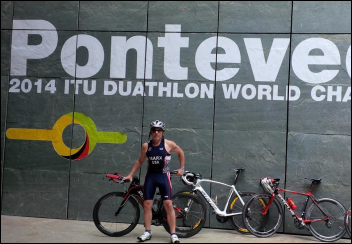











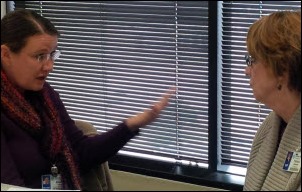
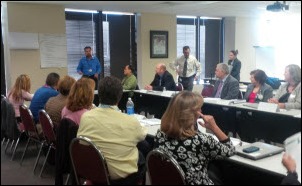
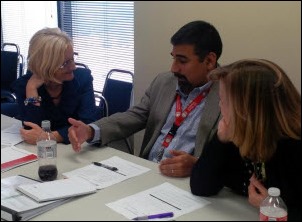




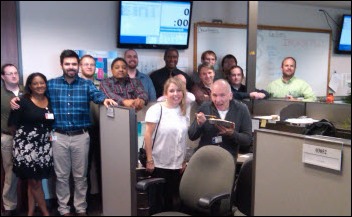

The ruling does seem to actually touch on things like UserWeb access "...the final rule applies to terms and conditions…